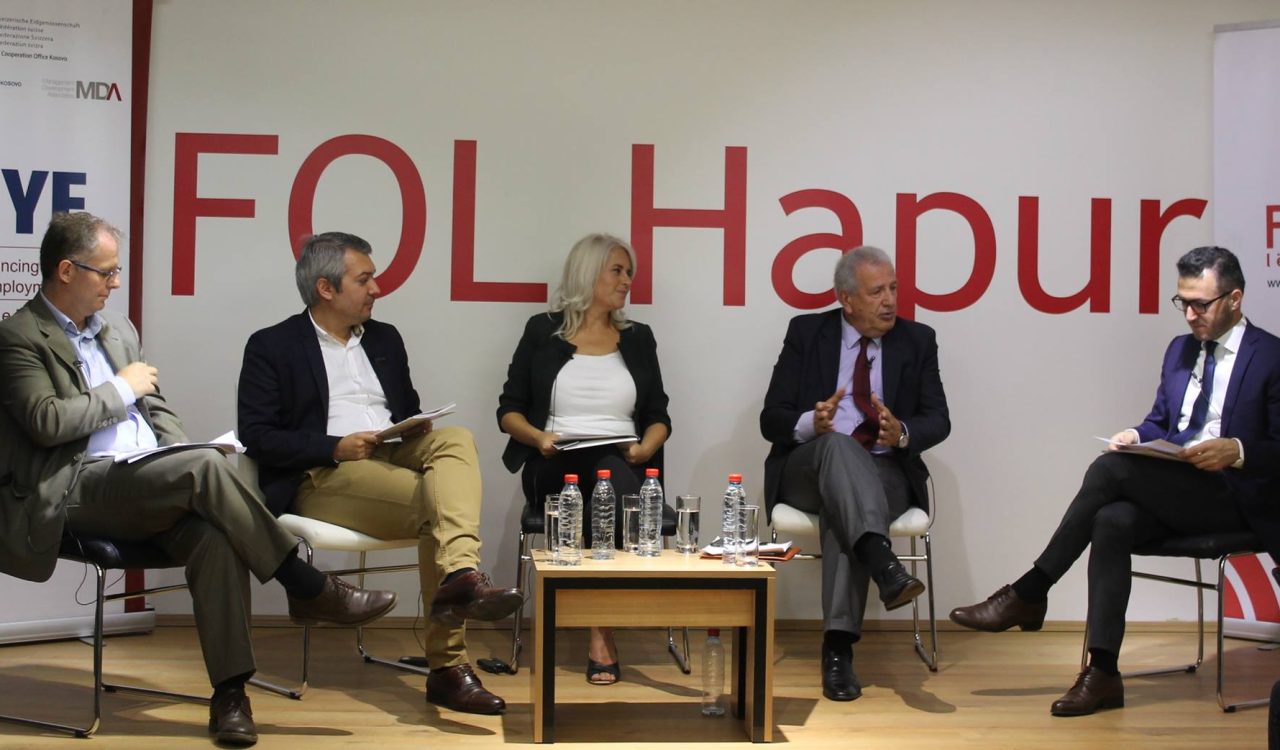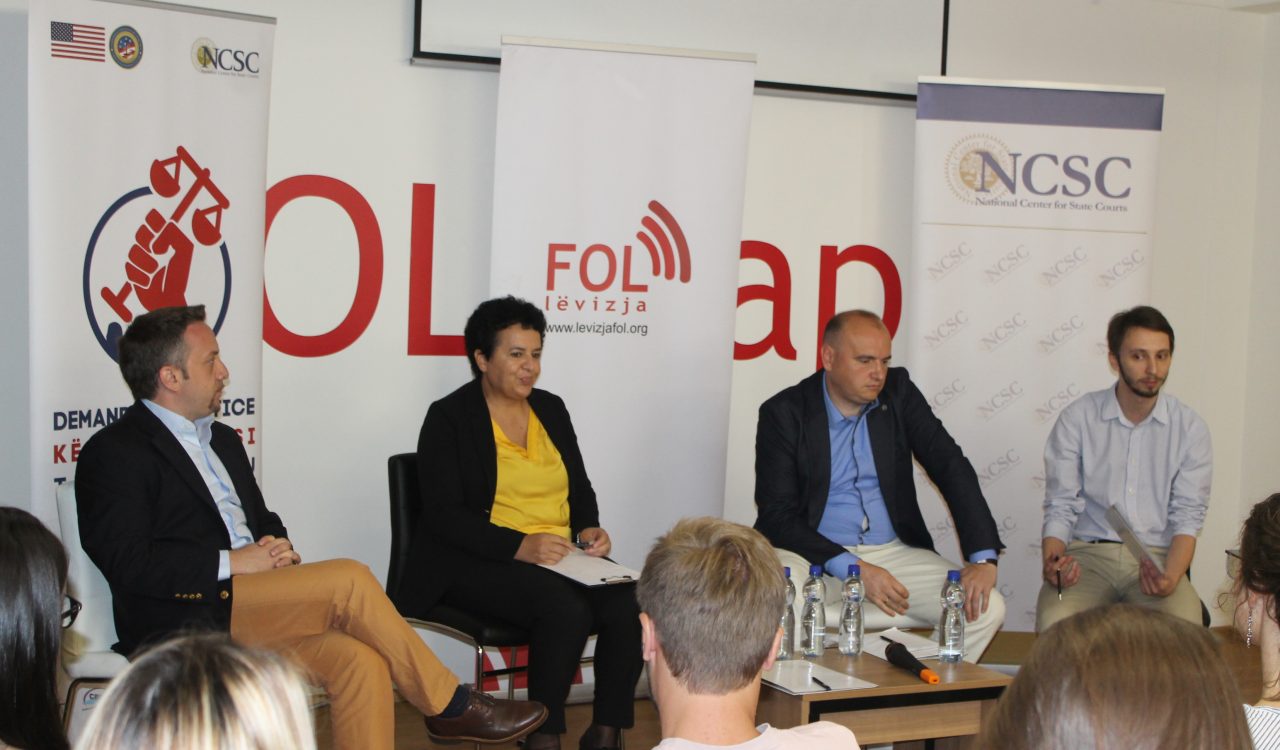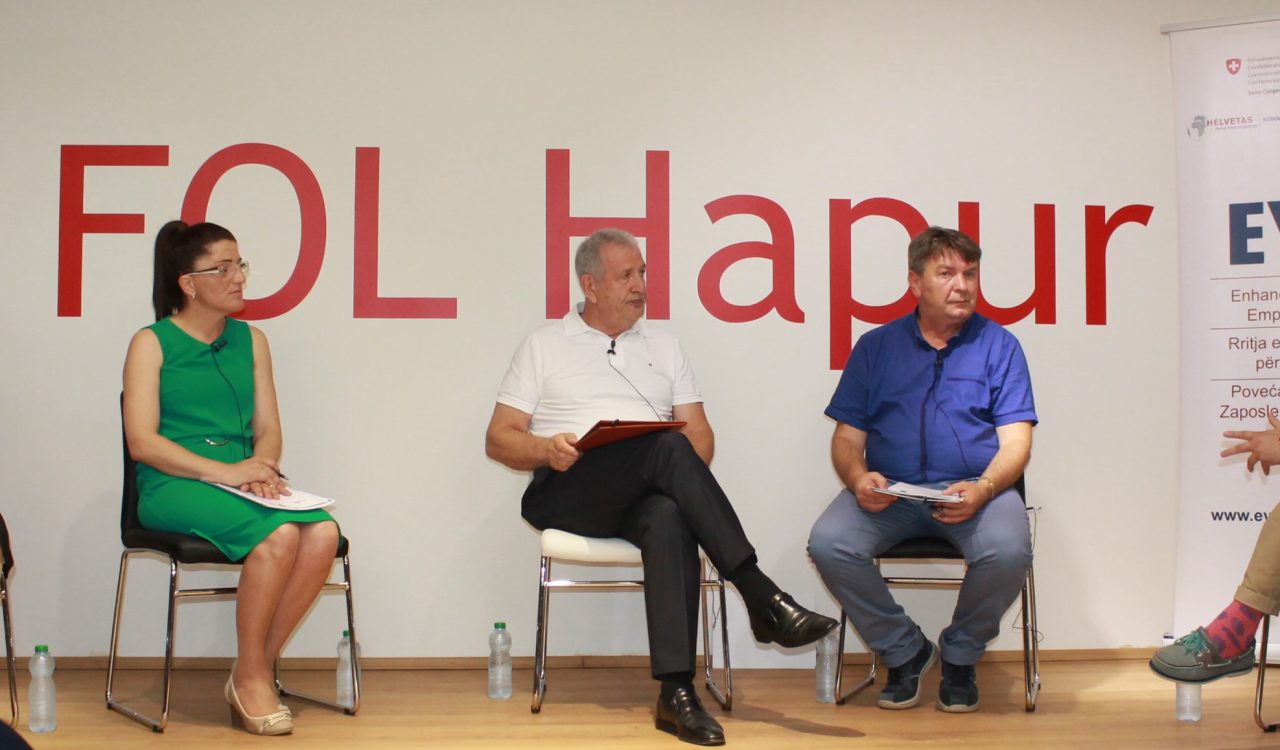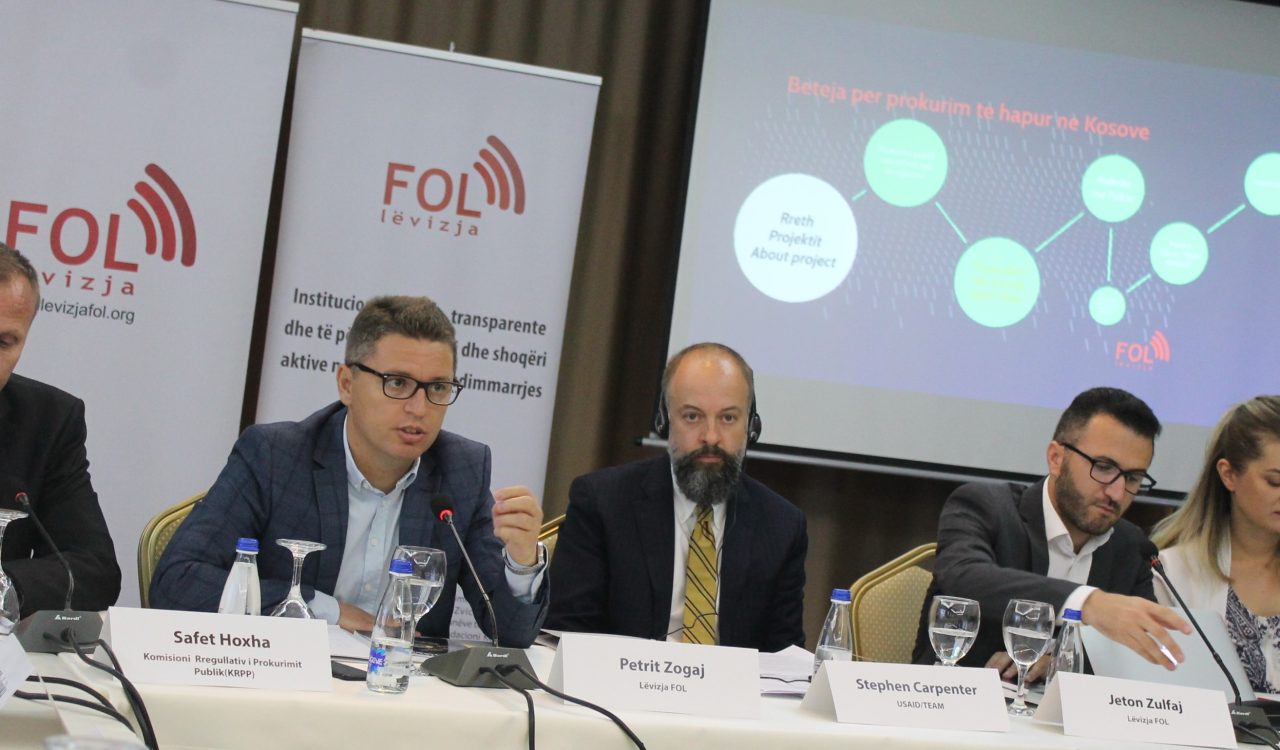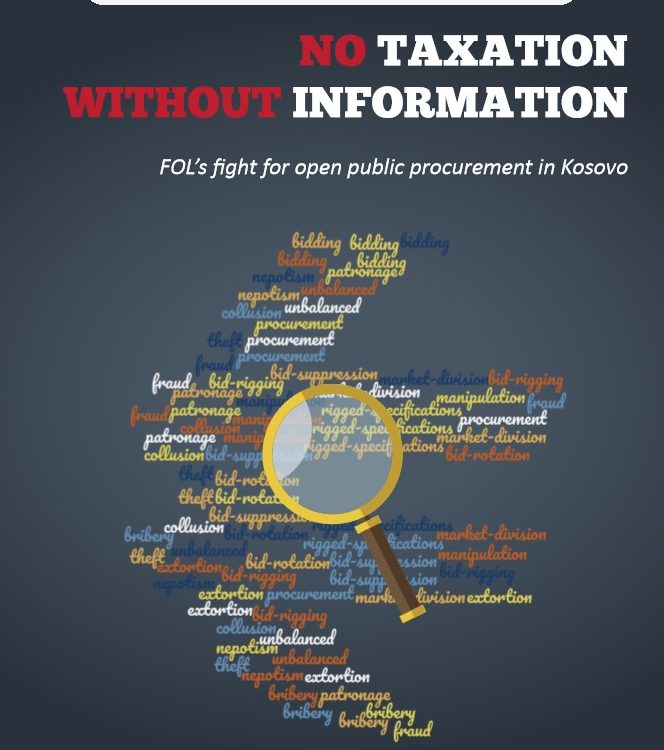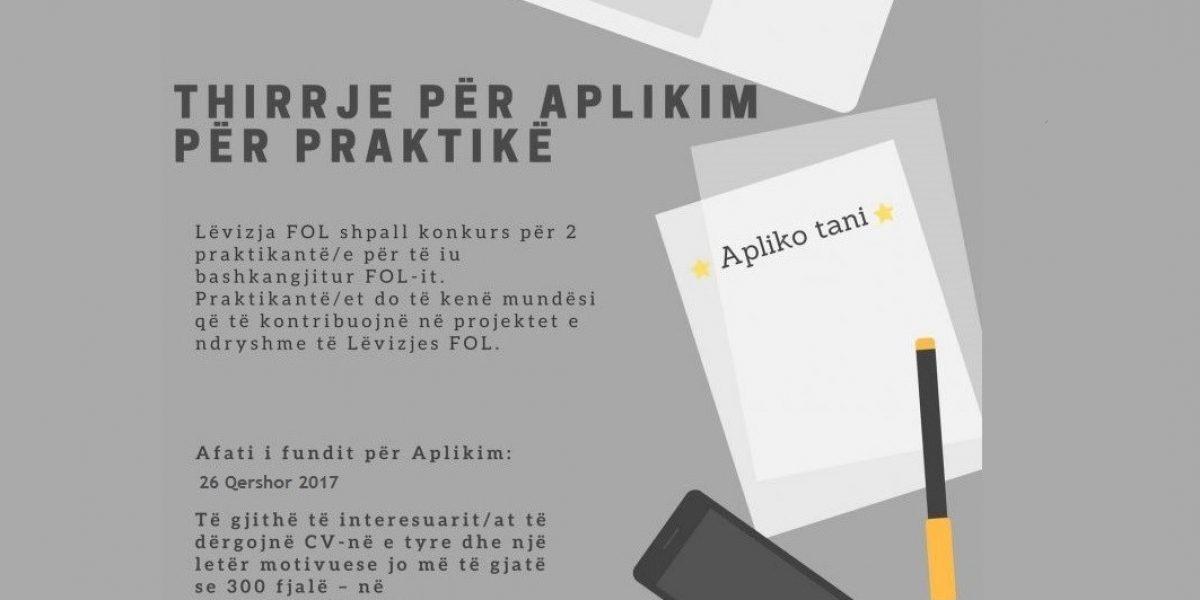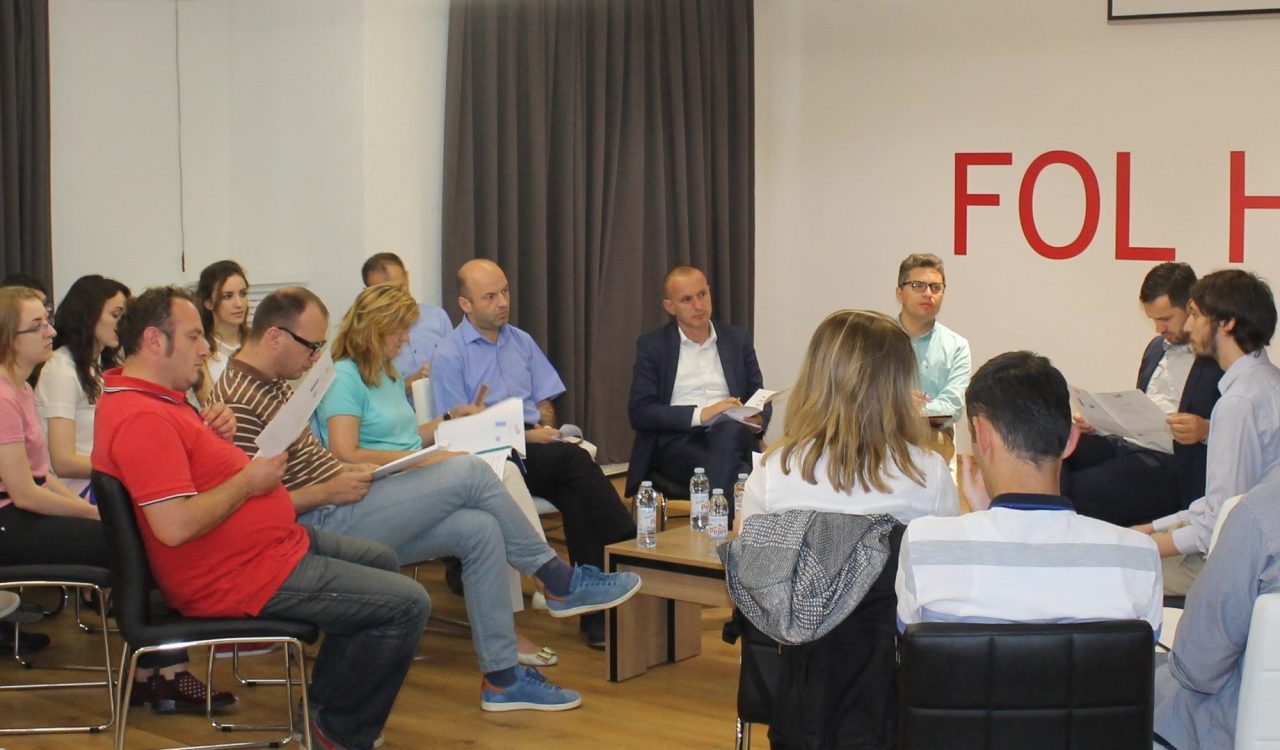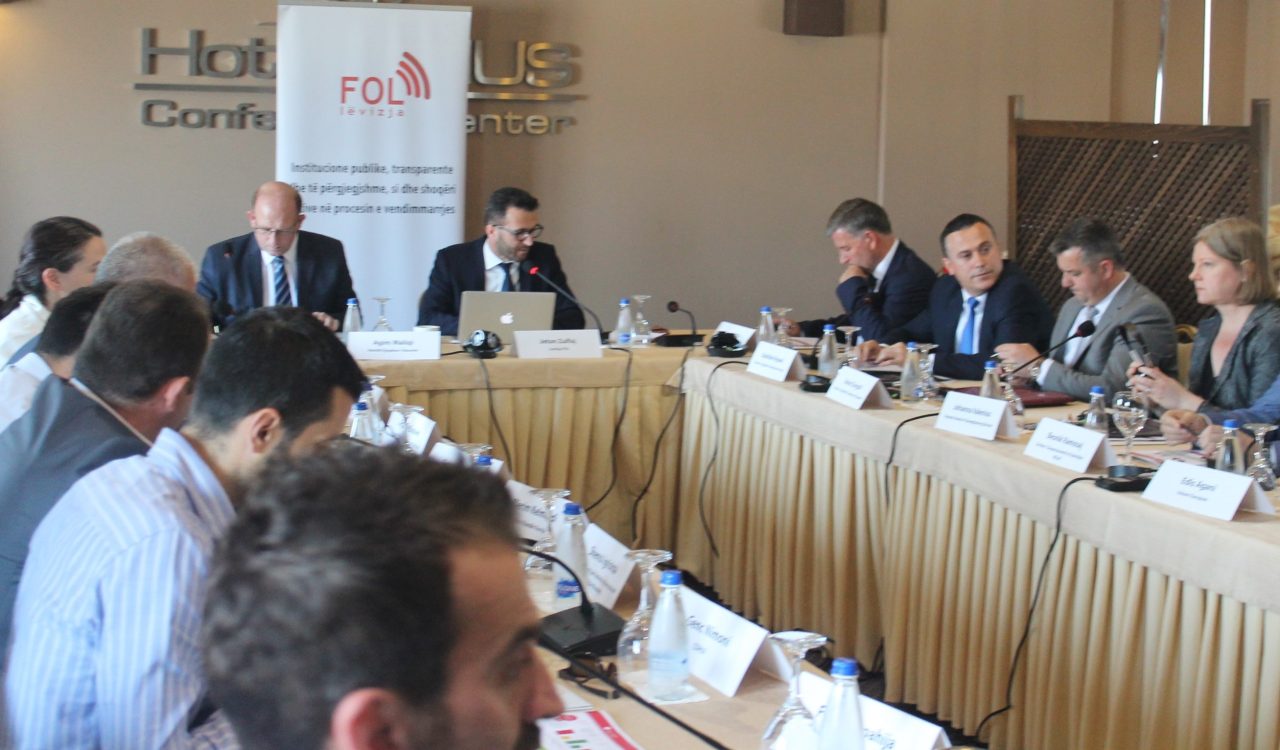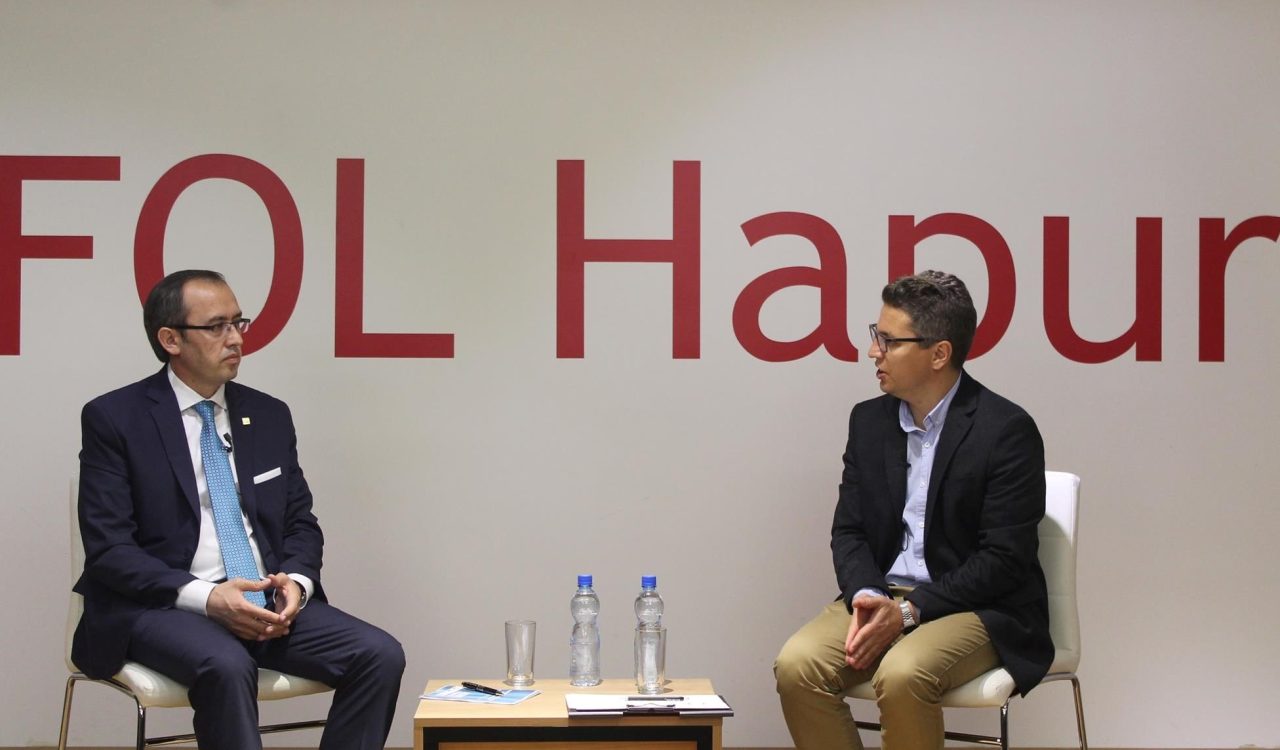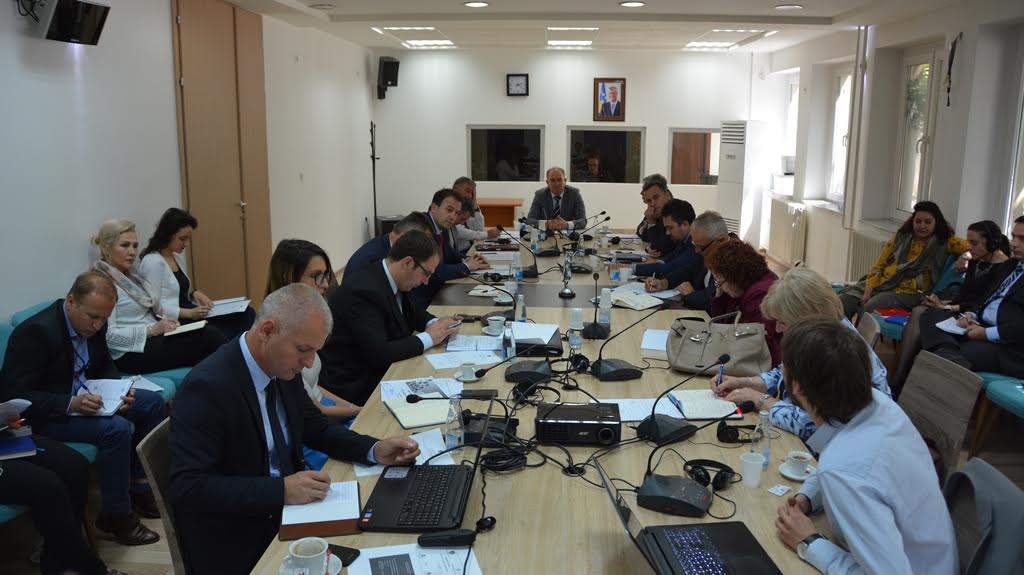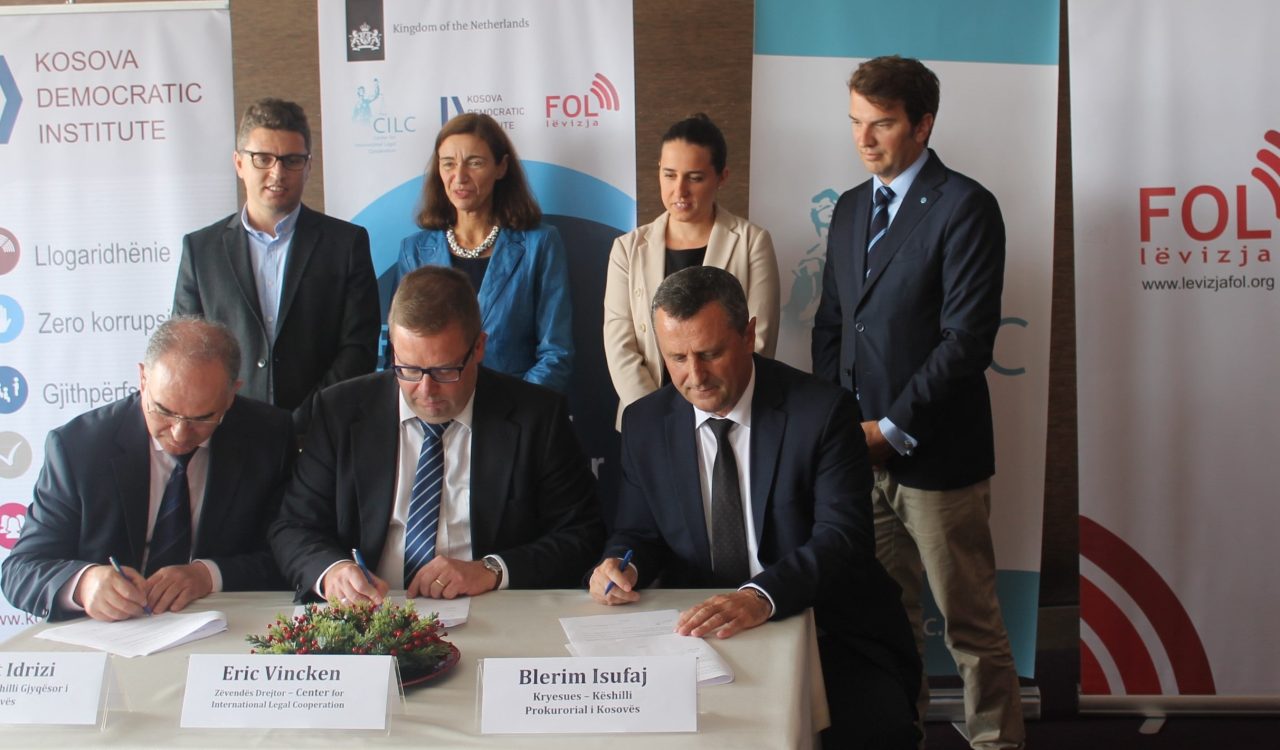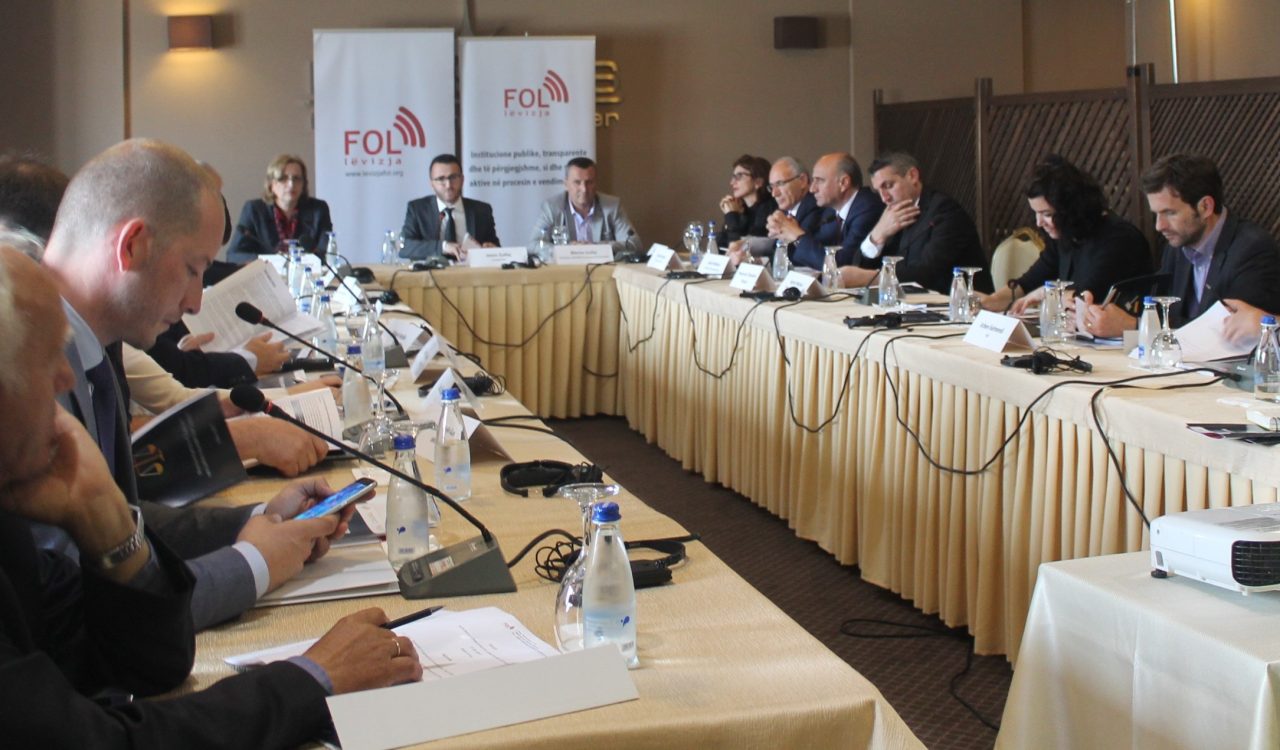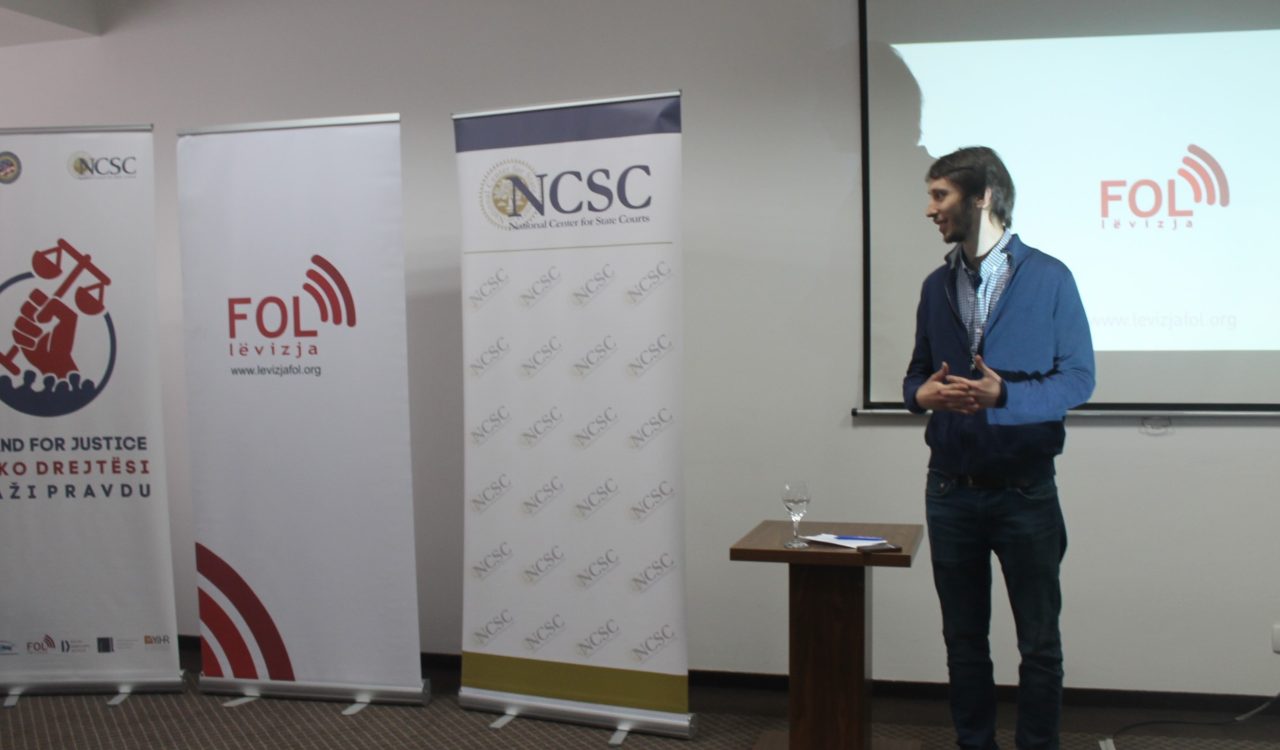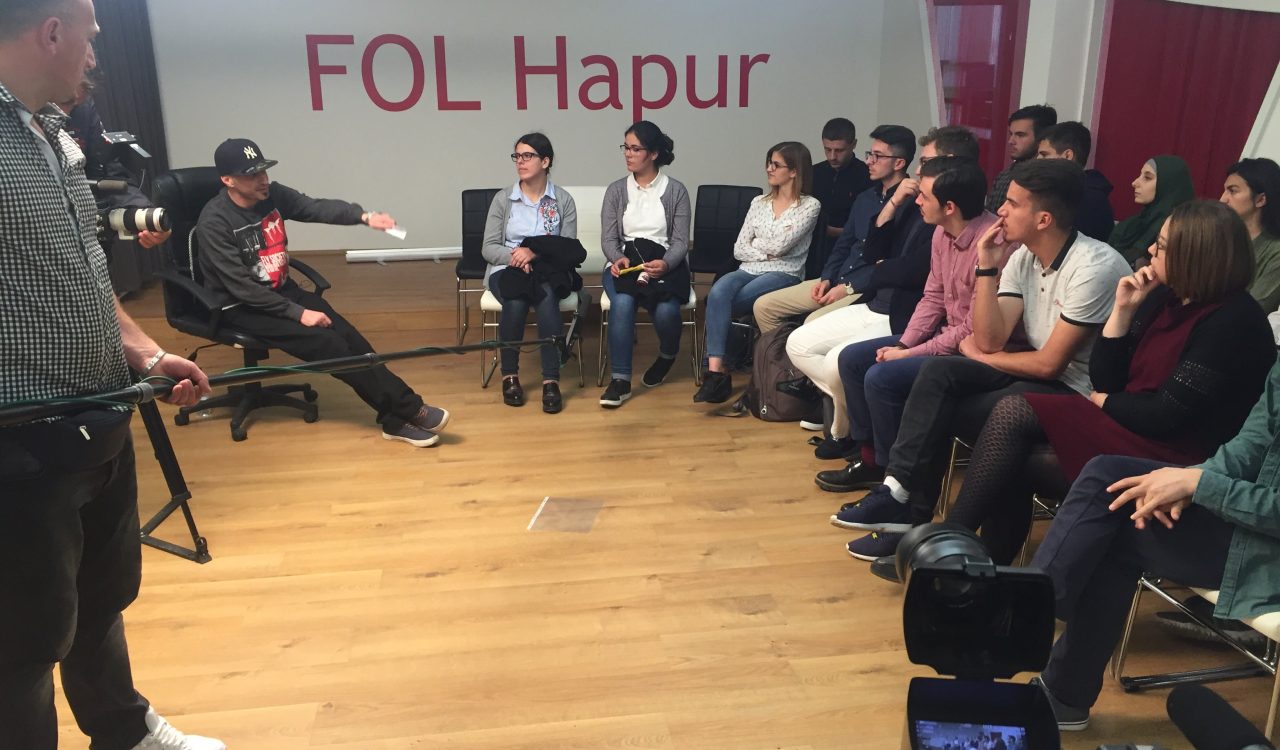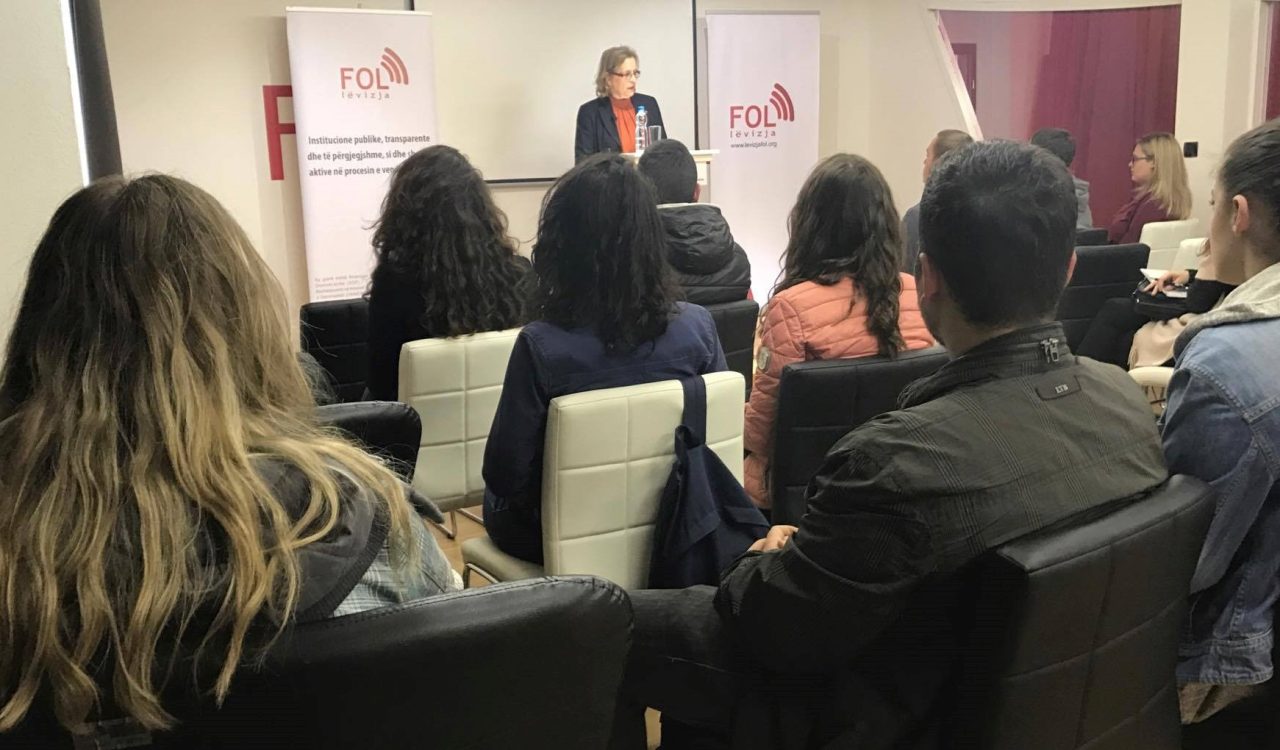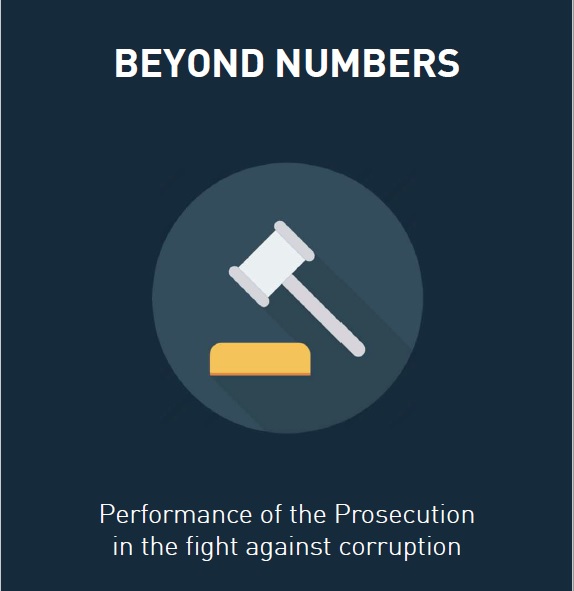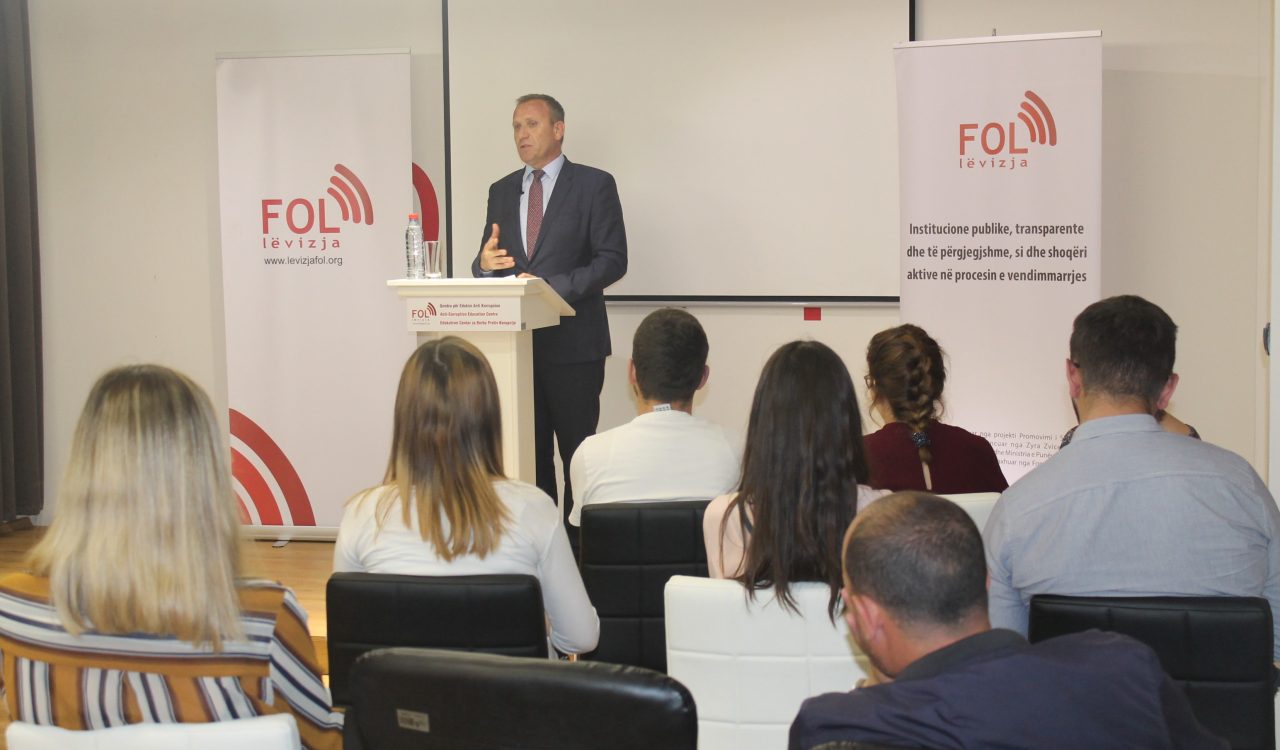The categorization of the minimum wage discriminates the workers
Prishtina, 12 September 2017 – Lëvizja FOL organized an open discussion on the Minimum Wage and its Effects on Employment, where the panelists were: Haxhi Arifi – BSPK, Alejtin Berisha – Entrepreneur, Besnik Bislimi – Professor, Lumnije Hashani – Kosovo Chamber of Commerce.
Jeton Zulfaj from the Lëvizja FOL said that the minimum wage is one of the most sensitive issues in decision-making and it is not just state policy to intervene in the labor market but it is also a moral issue to ensure that there is no exploitation of workers. “The 2011 decision on minimum wage was an ad-hoc decision, where there was no public discussion involving the academy, trade unions, and businesses. Formulas for determining the minimum wage are not explained and justified, while the minimum wage divided by age does not have any legal and logical basis and as such is discriminatory. At the academic level, the growth of the minimum salaries on the equilibrium level is not supported as it will have a negative impact on employment, “Zulfaj said.
Besniki Bislimi, professor of the course Economics of labor market, said that the minimum wage in normal countries is not considered an instrument to fight poverty. “The example is America where only 4% are affected by the minimum wage, and usually are students, who are not necessarily part of the poor. Better was the wage subsidy than minimum wages as policy instruments. Trade unions should not be part of minimal wage disputes as they have a conflict of interest, “Bislimi said, adding that trade union members usually receive wages higher than the minimum wage and are not affected by it.
Meanwhile, Alajtin Berisha, entrepreneur, said there is no place in the world that business requires minimum wage growth, because the business does not have to trust someone else to adjust the salary. Trade unions have a conflict of interest in determining the minimum wage. “An increase in the minimum wage would have a negative impact on students to stop studying. Right now this is not the case, “Berisha said.
Haxhi Arifi, from BSPK, said that at the Economic and Social Council (ESC) there were numerous discussions on the minimum wage, and at the end a minimum wage was categorized, but it was discriminatory for workers. This decision was taken by consensus. The government has ruled out what has been achieved as a consensus and have decided that it is discrimination against the young age. We as BSPK have demanded that the base be 60% of the average wage to be taken as a minimum wage.
Lumnije Hashani from Kosovo Chamber of Commerce said that the categorization of the minimum wage is not supported even by Kosovo Chamber of Commerce because it is a discriminatory decision. “ESC has an advisory role and the government is the one that makes the decisions. If we take into account the established legal criteria for the base, then the minimum wage was supposed to increase every year, but that does not happen, “said Hashani. According to her, based on a survey conducted by the Kosovo Chamber of Commerce with about 500 businesses, 80% of them have stated that the minimum wage categorization should be removed and 85% said it should be the minimum wage. While most have said that 220 Euro would be affordable for businesses as a minimum wage.
This activity was supported by Enhancing Youth Employment – EYE Project – the Swiss Cooperation Office project and implemented by Helvetas Swiss Cooperation and MDA.
